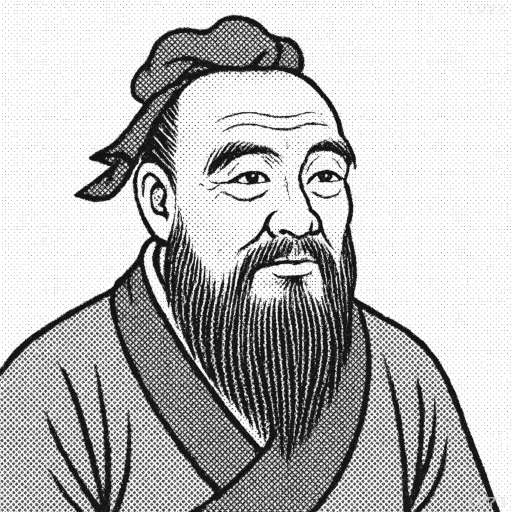“I am not one who was born in the possession of knowledge; I am one who is fond of antiquity, and earnest in seeking it there.”

- 551 BC – 479 BC
- Han ethnicity
- Philosopher, educator, politician
table of contents
Quote
“I am not one who was born in the possession of knowledge; I am one who is fond of antiquity, and earnest in seeking it there.”
Explanation
In this statement, Confucius humbly acknowledges that knowledge is not innate but is something to be pursued, especially by learning from the past. Confucius held a deep respect for history and tradition, seeing them as sources of wisdom that could guide present and future generations. His admiration for “antiquity” reflects his belief that the experiences and teachings of those before us hold valuable insights, and that true understanding requires diligent study rather than assuming one knows it all.
Today, Confucius’s appreciation for history and tradition remains highly relevant. In a world that often prioritizes innovation and novelty, there’s great value in looking to the past to understand core human values and timeless lessons. For instance, studying historical figures and their choices can help modern leaders avoid repeating mistakes and understand enduring principles of ethics and governance. Additionally, learning from historical wisdom helps us build a foundation of humility, recognizing that our achievements build upon generations of accumulated knowledge.
Confucius encourages us to approach knowledge with humility and reverence, understanding that learning is a lifelong process enriched by the insights of those who came before us. By valuing and exploring the past, we ground ourselves in wisdom that transcends time and fosters a deeper, more connected approach to our present lives.
Would you like to share your impressions or related stories about this quote in the comments section?





